...Curiously, it was a culturally and universally perceptive British expatriate, Ian L. Betts, who, having recognized Emha’s qualities, wrote his recently-released biography, The Silent Pilgrimage: Emha Ainun Nadjib, A Lifelong Journey of Faith. It has been translated in Indonesian, Jalan Sunyi Emha, and it is a compelling read by all accounts.
Dewi Anggraeni – The Jakarta Post
...Who is it that makes this event so "alive" with verse, shalawat, even advice? He is Muhammad Ainun Nadjib, better known as Emha Ainun Nadjib, whose story is told by Ian Leonard Betts – a ‘white-skinned jamaah’ who sits with Emha at every Kenduri Cinta event – in this book…This writer, originally from London, has succeeded well in portraying the person and works of Cak Nun, as well as Kiai Kanjeng…Ian was impressed by the activities of Cak Nun, which demonstrated his full commitment to pluralism and tolerance in these islands.
Eka Kurnia Hikmat – Jawa Pos
...By this point, perhaps we are starting to feel what this book means by the “Silent Pilgrimage.” But Hidayat Nur Wahid, Chairman of the MPR-RI (parliamentary upper house, Republic of Indonesia) when this book was published, does not feel that what this person is experiencing is a silent journey. “This man’s journey is, rather, one of tumult and uproar…” Hidayat may be right. This person, for those who see him: for decades he has always been going here and there, coming and goig, back and forth, traveling and touring, at home or abroad; he has visited hundreds of districts and thousands of subdistricts, all corners of the nation, alone or with KiaiKanjeng. He can be found in nearly all themes in the life of the general public. But, once more, he is not popular. Perhaps that is why this book is entitled “The Silent Pilgrimage.”
Toto Rahardjo – Jalan Sunyi Emha
...The efforts of Ian L. Betts in writing this book…are of real meaning and worthy of note because he has made a considerable study of documents as well as personally taking part closely in the activities of Emha himself. As a result, his views and writing in the book are no mere personal, subjective, account, but rather comprise a book based on both primary and secondary sources, offering an image of this cultural phenomenon that is both fair and balanced. The importance of this book is also in that because it is in English it will reach readers overseas, particularly those in the West, who really understand very little of the lives of those in the East…rich in the colourful variety of their dynamic cultures and socio-economic potential.
Datuk Baha Zain (Writer - Malaysia)
Dewi Anggraeni – The Jakarta Post
...Who is it that makes this event so "alive" with verse, shalawat, even advice? He is Muhammad Ainun Nadjib, better known as Emha Ainun Nadjib, whose story is told by Ian Leonard Betts – a ‘white-skinned jamaah’ who sits with Emha at every Kenduri Cinta event – in this book…This writer, originally from London, has succeeded well in portraying the person and works of Cak Nun, as well as Kiai Kanjeng…Ian was impressed by the activities of Cak Nun, which demonstrated his full commitment to pluralism and tolerance in these islands.
Eka Kurnia Hikmat – Jawa Pos
...By this point, perhaps we are starting to feel what this book means by the “Silent Pilgrimage.” But Hidayat Nur Wahid, Chairman of the MPR-RI (parliamentary upper house, Republic of Indonesia) when this book was published, does not feel that what this person is experiencing is a silent journey. “This man’s journey is, rather, one of tumult and uproar…” Hidayat may be right. This person, for those who see him: for decades he has always been going here and there, coming and goig, back and forth, traveling and touring, at home or abroad; he has visited hundreds of districts and thousands of subdistricts, all corners of the nation, alone or with KiaiKanjeng. He can be found in nearly all themes in the life of the general public. But, once more, he is not popular. Perhaps that is why this book is entitled “The Silent Pilgrimage.”
Toto Rahardjo – Jalan Sunyi Emha
...The efforts of Ian L. Betts in writing this book…are of real meaning and worthy of note because he has made a considerable study of documents as well as personally taking part closely in the activities of Emha himself. As a result, his views and writing in the book are no mere personal, subjective, account, but rather comprise a book based on both primary and secondary sources, offering an image of this cultural phenomenon that is both fair and balanced. The importance of this book is also in that because it is in English it will reach readers overseas, particularly those in the West, who really understand very little of the lives of those in the East…rich in the colourful variety of their dynamic cultures and socio-economic potential.
Datuk Baha Zain (Writer - Malaysia)
Translated by Ian L. Betts

































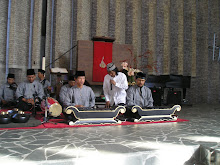
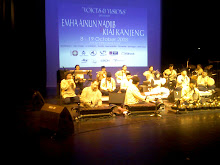

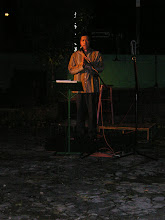



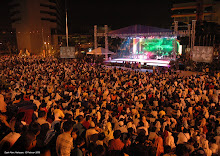
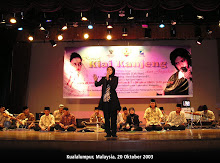
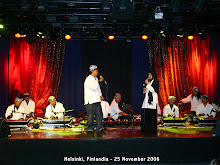.jpg)



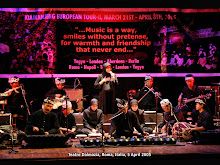


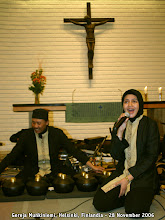.jpg)

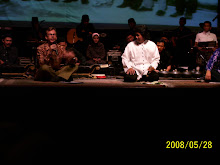.jpg)
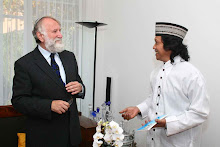
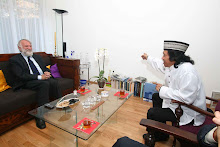
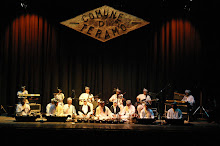


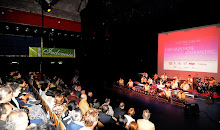

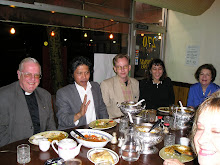


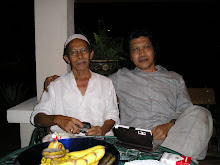
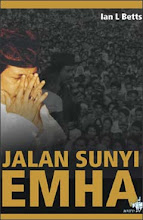
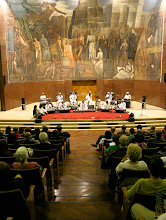
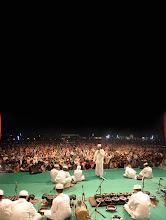

No comments:
Post a Comment